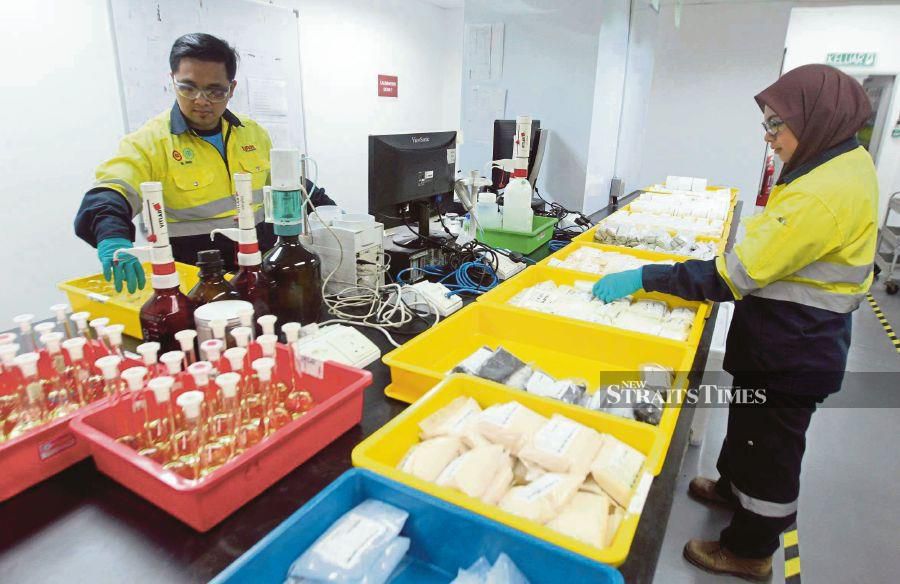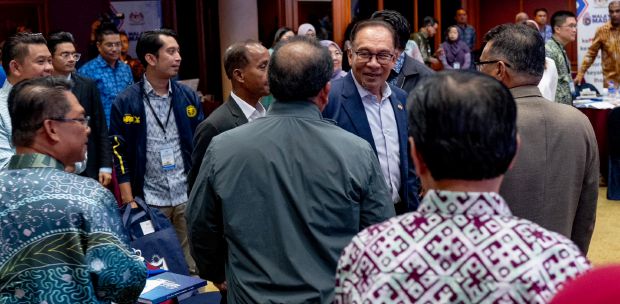IN an innovation-led global economy, many policies involve science. Science is also prominent in the aims of the United Nations Sustainable Development Goals (SDGs).
Making cities sustainable, for example, is goal number 11. Guiding industries, including manufacturing, plantation and construction, to embrace climate-friendly practices is also among the SDGs.
It is no surprise that technologies, including robotics, artificial intelligence, biotechnology, Internet of things and many more, have become critical as the global economy adopts sustainability measures.
The automotive industry, a major factor in the sustainability equation, is pursuing change as sustainability demand grips the business.
Electric mobility is now a priority as the industry transitions to low carbon. All of these policies involve science. It is important that science guides decision-making.
In a highly competitive world economy, it is inevitable that inaccurate scientific narratives are sometimes used by interest groups to champion their agenda and outdo competition.
It is not uncommon for competing parties to seek experts to endorse their narratives. And these pseudo-experts are often paid to perpetuate the baseless science.
This has happened too often. So much so that they adversely affect the implementation of sound policies.
We saw this happen during the Covid-19 pandemic when the anti-vaccine groups had a field day disputing science. Even in the ongoing discourse on low-carbon industries, much distortion of scientific facts has taken place to outdo competition.
One that is familiar to us is the distorted science used to demonise palm oil. A similar plan is being hatched to tarnish the sustainability of natural rubber, another crop coming from developing nations.
But what many find disturbing is the distortion in science to stifle investments that have the potential to help us venture into the expanding green economy.
The country is not short on proclamations of venturing into higher-value green business, including renewable energy, electric mobility and the low-carbon circular economy.
The 12th Malaysia Plan is replete with such initiatives, including preparing the nation to embrace the hydrogen economy. Sure, there are risks but which business does not carry risks? What is important is whether the risks can be mitigated. This is where science can play a role.
Many investments dealing with chemicals involve risks, especially environmental and health risks. But thanks to technological development, most risks can be managed.
One that has attracted much debate is the rare earths business. Ever since Lynas came to Malaysia, it has been harassed on account of the low level of radiation that its waste emits.
The radiation has unfortunately been exaggerated by some as highly radioactive. Experts in radiation science know that such claims are misplaced.
Critics of rare earths often cite the Bukit Merah case in Perak, where the rare earth processing facility had to be closed. I did some research on that and found that the closure was a business decision. Some big rare earths suppliers played the market and pushed down the world price to unattractive levels.
The continued operation of the Lynas plant depends on a licensing decision, expected soon. The country's radiation experts can help. There are many, including in the Malaysia Nuclear Agency and in universities. An Academy of Sciences Malaysia task force has yet to make known its findings.
Their intervention is critical as the government evaluates the case. Scientists must speak up to help the government reach the right decision.
Any wrong verdict is not just disruptive to Lynas but also detrimental to plans to develop our rare earths deposits.
Furthermore, rare earths can attract other downstream investments in super magnets, which feature prominently in the green business.
Already, there are reports of neighbouring countries wooing Lynas to move its operations there. If that happens, we would miss an opportunity.
The writer is a professor at the Tan Sri Omar Centre for STI Policy, UCSI University





